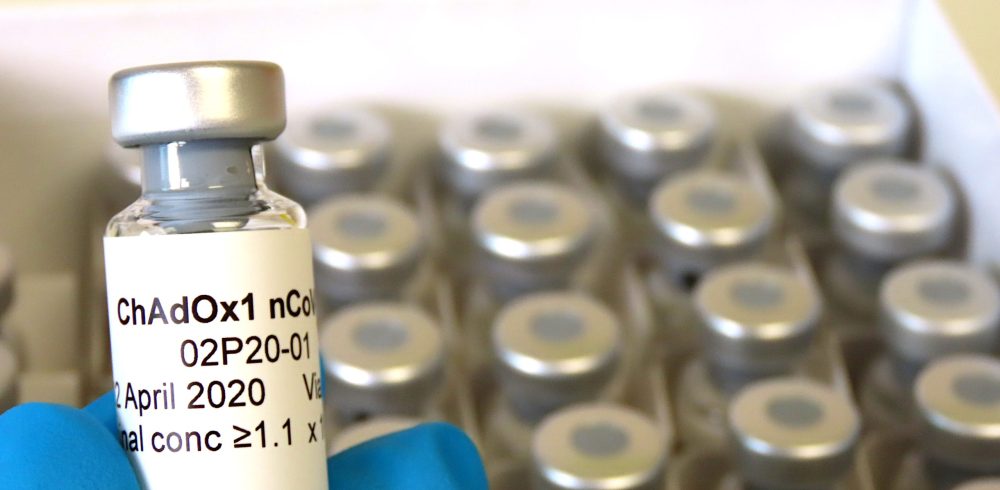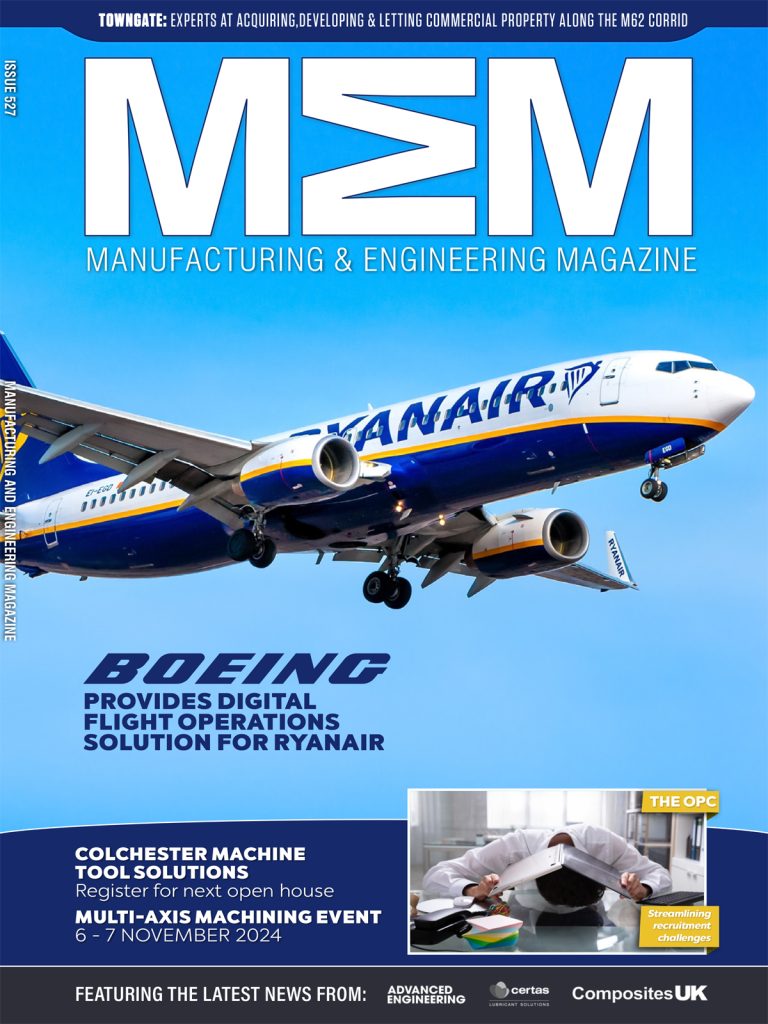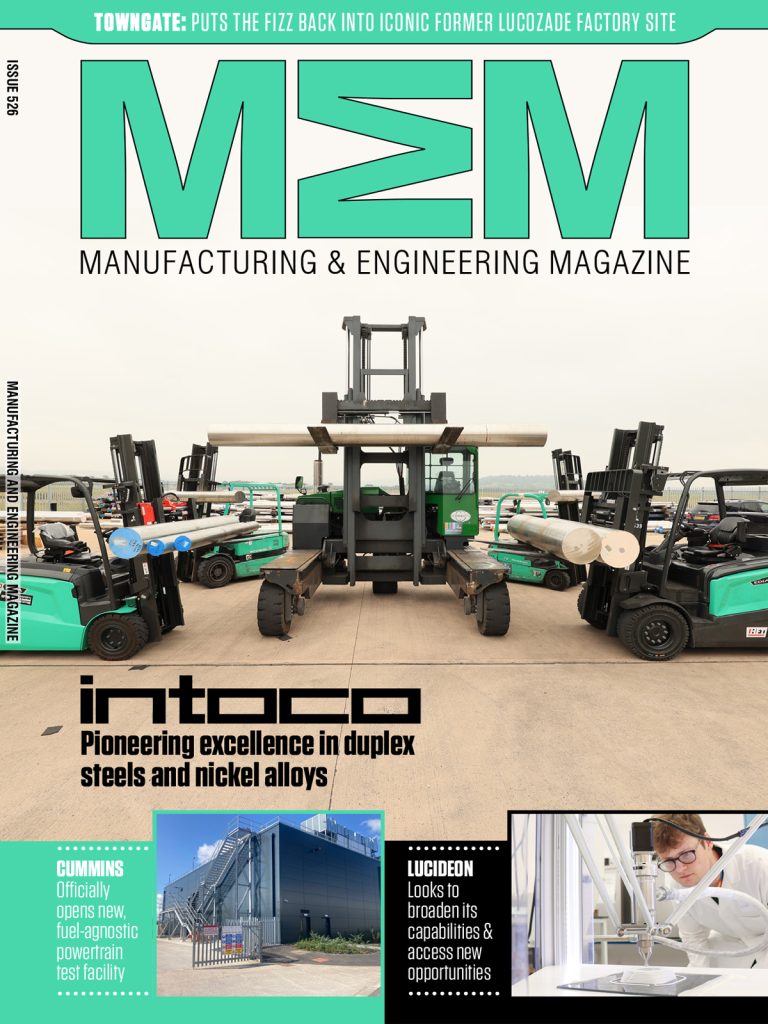Groundbreaking AI-powered weather forecasting, innovative heat batteries using phase-changing materials and the rapid manufacturing scale-up of a Covid vaccine are competing for the UK’s leading prize for engineering innovation. The winning team will take home £50,000 and will be announced at the Academy Awards Dinner in London on 9 July 2024. The innovations, developed by Google DeepMind, Sunamp and University of Oxford Vaccine Consortium with AstraZeneca, have been named finalists for the Royal Academy of Engineering’s MacRobert Award, the UK’s longest running and most prestigious prize for engineering innovation, now in its 55th year.
This year’s finalists come from some of the UK’s fastest growing and successful sectors, each of which is crucial to the UK economy. UK registered companies in these sectors have a turnover of up to £111 billion and employ nearly 500,000 across their UK and international operations, according to The Data City insight.
This year’s MacRobert Award finalists are:
Google DeepMind: A step change in weather forecasting
GraphCast, developed by Google DeepMind, represents a revolution in weather forecasting, using machine-learning instead of traditional numerical weather prediction methodologies. The AI-powered tool uses cutting-edge machine learning algorithms and vast data sets to give highly accurate and timely weather predictions up to ten days in advance. The model currently takes just 45 seconds to generate a forecast that would take more traditional forecasting methods over an hour on a supercomputer; a developmental leap that has advanced weather forecasting significantly.
The AI weather model harnesses the power of graph neural networks to model complex weather patterns and offers unprecedented precision in forecasts and an enhanced ability to predict extreme weather conditions. By significantly improving the reliability of weather predictions, GraphCast could help mitigate the impacts of severe weather events, optimise resource allocation, and support critical decision-making across various industries.
Remi Lam, Staff Research Scientist at Google DeepMind, said “The journey to create GraphCast was a testament to teamwork and technical ingenuity, involving countless hours improving models, optimizing hardware, and validating results. But the moment we witnessed GraphCast publicly and accurately predict the path of Cyclone Lee in real time was a shared victory. This achievement solidified our confidence in GraphCast’s predictive capabilities and inspired the community to embrace and build upon this groundbreaking technology. This is an exciting time to work on weather prediction, where developing new models and testing innovative ideas has never been more accessible. We are eager to see the countless improvements this will bring, for the benefit of humanity.”
Sunamp: Transforming energy storage to combat climate change
Sunamp has pioneered the development of innovative heat batteries utilising phase change materials to revolutionise thermal energy storage. These advanced batteries store and release large amounts of thermal energy through the melting and solidifying of the specially developed phase change materials, providing a highly efficient and sustainable solution for heating and cooling applications. Current products provide heat storage for domestic hot water that are more space efficient and energy efficient than traditional hot water cylinders.
Sunamp’s heat batteries offer superior energy density, rapid response times, and long-lasting performance compared to traditional storage methods. By integrating this cutting-edge technology into homes, businesses, and industrial processes, Sunamp is making significant strides forward in the quest for sustainable energy solutions by helping to reduce carbon emissions, enhance energy efficiency and alleviate fuel poverty.
Andrew Bissell, CEO and Co-Founder at Sunamp, said “Being nominated for the MacRobert Award is amazing recognition that underscores the profound impact dedicated teams can have on society and the planet, proving that with the right vision and determination even the smallest players can drive monumental change. It has been a privilege to work with the likes of Dr David Oliver who invented our stabilised formulation for Plentigrade phase change material; Maurizio Zaglio bringing fresh ideas from academia to model and refine the heat exchange process; Sandy Gataora bringing to bear decades of expertise from the world of HVAC and the whole team crossing disciplinary boundaries to bring something needed and new into the world. Overcoming these significant engineering challenges is not just an innovation, it’s a beacon of hope for reducing carbon emissions from heating and cooling around the world.”
University of Oxford, AstraZeneca and partners: Scale up and manufacture of ChAdOx1 Covid vaccine
The University of Oxford and AstraZeneca led a consortium of manufacturers, suppliers and other partners in the development of an innovative manufacturing process that was rolled out globally to supply over 3 billion doses of the ChAdOx1 Covidvaccine, saving over 6 million lives.
The innovative approach combined cutting-edge cell culture technologies with streamlined workflows and robust quality control processes, enabling swift and efficient production of billions of vaccine doses at multiple sites in record time. This effort not only played a crucial role in managing the pandemic but also set new benchmarks in pharmaceutical manufacturing, process development and technology transfer, and made possible a more efficient and versatile route to disease control now and in the future. Using the pioneering new process, one of the collaborators, the Serum Institute of India, has since successfully scaled up manufacturing of an Ebola vaccine in response to an outbreak, delivering doses in just 81 days.
Professor Alexander Douglas, Principal Investigator at University of Oxford, said: “No matter how good a vaccine is, its real-world impact is totally dependent upon successful manufacturing engineering. Achieving this for the Oxford-AstraZeneca COVID-19 vaccine required unprecedented innovation from a UK-led academic and industrial consortium which had not worked together before. Moving within months from two tablespoons of culture in a single lab to bioreactors in factories on five continents each making millions of doses per batch – without compromising on vaccine quality or patient safety – was testament to the engineering skills of the team and robustness of the process and technologies they developed. The three billion doses manufactured, the affordability of the product, and the six million lives saved show the impact of that innovation. With vaccines against other diseases already being made using the same process, the benefits to people across the globe will continue to be realised for years to come.”
The three finalist teams are competing for a gold medal and a £50,000 prize, as well as a luxury weekend at Douneside House in the heart of the MacRobert estate in Aberdeenshire. This year’s winner will be announced at the Royal Academy of Engineering’s annual awards dinner on Tuesday 9 July at The Peninsula Hotel in London.
The finalists were chosen through a rigorous and highly competitive selection process, chaired by 2002 winner and Fellow of the Royal Academy of Engineering, Professor Sir Richard Friend FREng FRS.
Professor Sir Richard Friend said: “This year’s three finalists highlight the power of collaboration in creating engineering excellence. GraphCast’s success results from bringing together the expertise at DeepMind from other applications of AI to tackle the challenge of weather forecasting, which is of increasing importance as extreme weather events become more frequent. The University of Oxford consortium involved in the vaccine scaleup brought innovative solutions to a series of manufacturing process bottlenecks and delivered a huge advance in capability to scale up vaccine manufacturing, of critical importance for Covid and a critical resource to tackle future pandemics. Sunamp’s strong connections with Edinburgh University brought fundamental science to solve practical engineering challenges that had limited phase change heat storage, and helped develop its advanced heat batteries which are paving the way for sustainable thermal energy storage and helping combat climate change.
“These finalists are addressing some of the world’s most pressing challenges relating to weather prediction and climate change, healthcare, and sustainable energy. It’s an honour to be recognising the heroes behind truly revolutionary engineering innovations coming out of the UK.
“The global impact of these innovations underscores the far-reaching influence and importance of UK engineering talent, which is a driving force behind economic growth and a sustainable future.”
This year’s winner will join an esteemed group of past recipients who have delivered outstanding innovation, commercial success, and tangible societal benefits. Since the presentation of the first award in 1969, which honoured Rolls-Royce for the Pegasus engine and Freeman, Fox and Partners for the Severn Bridge, the MacRobert Award has recognized transformative contributions, from the world’s first bionic hand, developed by Touch Bionics, to innovations from Jaguar Land Rover and Inmarsat that continue to have a global impact.
Manufacturing & Engineering Magazine | The Home of Manufacturing Industry News














